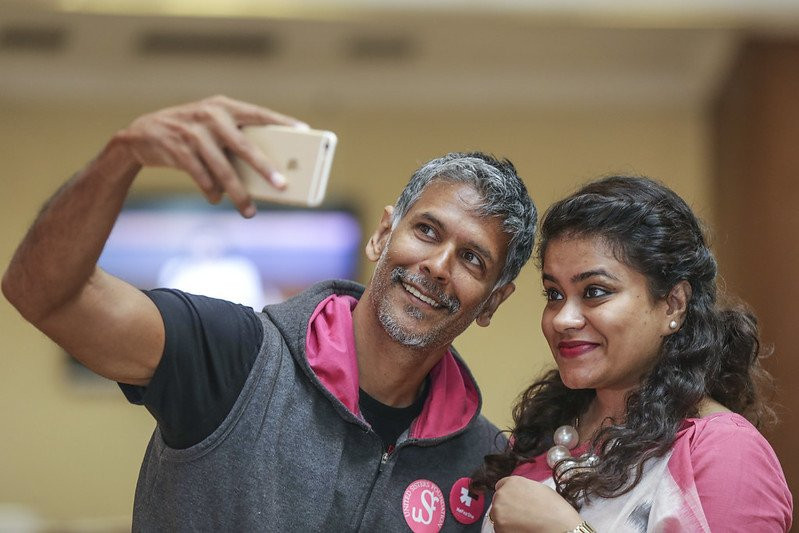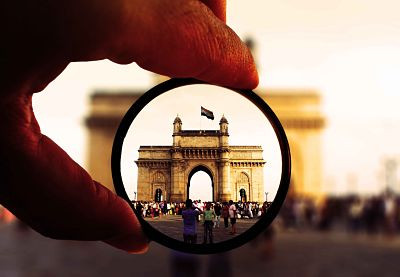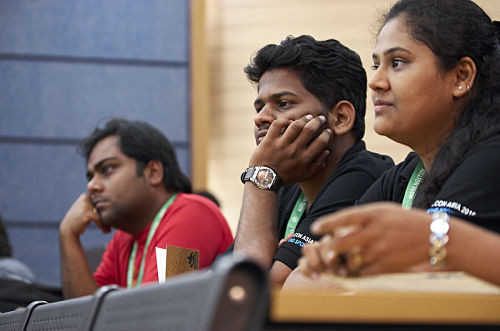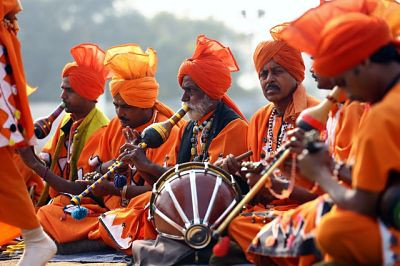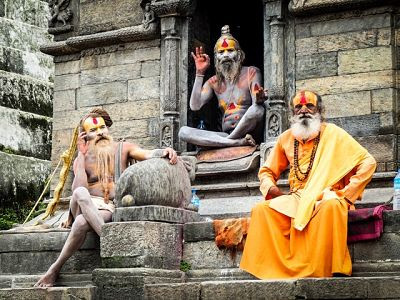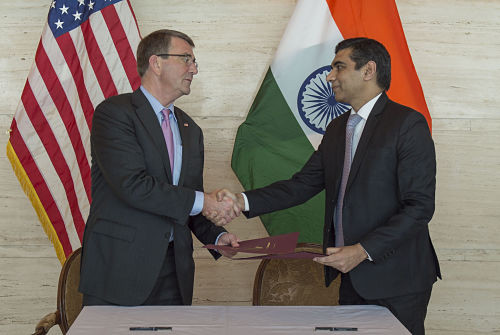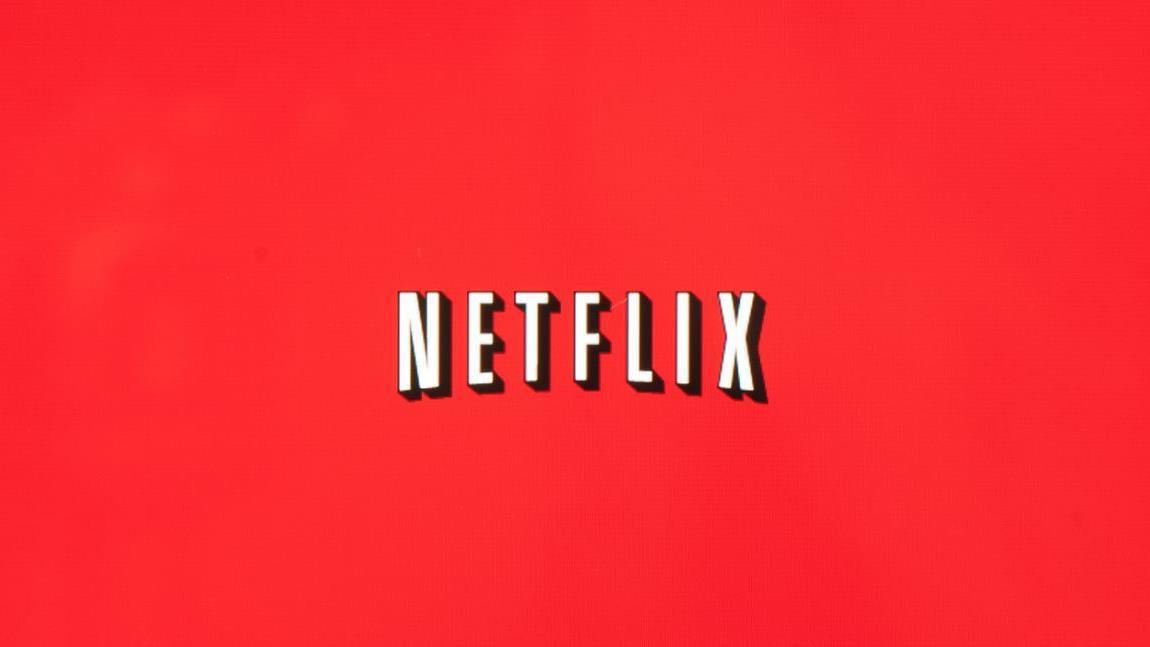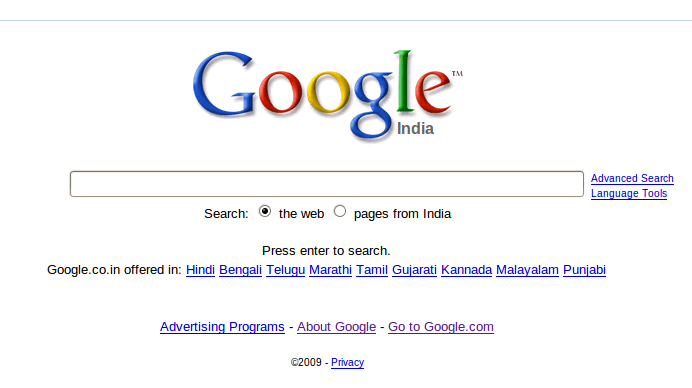India is a colourful, complex and multifaceted country, full of paradoxes and contradictions.
Political and economic reforms have stimulated the growth of the state since 1991, with India now the fifth-strongest economy in the world.
Indian culture is colourful and complex.
For those new to the country, it’s important to learn the rules around behaviour.
Manners mean a lot in Indian culture.
If you’re new to working with Indians or planning on a business trip to India, it’s crucial you brush up on your etiquette.
This question is often asked in Indian intercultural training programmes.
"We don't get it! Why do they always nod? And in different ways too!?"
Travelling to India for business and want to make make a good impression?
Then you need to learn a bit about the people, their beliefs, manners and, of course, their culture!
What are some of the important differences between British and Indian culture?
Here we'll examine some of the common areas within the workplace and professional world where Brits and Indians don't quite see eye-to-eye.
A vast and vibrant country, India and Indian culture attract many stereotypes.
Although there might be a little truth in some, very few of these stereotypes are rooted in reality.
Want to learn more about negotiations in India?
We'll be giving you some fantastic insights into the Indian negotiation style and how you might need to adapt your approach.
Are you interested in Indian culture? Want to learn more?
Watching Indian TV shows is a fantastic way of learning about the culture, so we’ve found the best 3 on Netflix for you!
Google Search Engine data provides a fantastic window into the cultures of different countries by giving us insights into popular online searches.
By understanding what people within that country or culture are searching for, we can start to appreciate the topics and concerns that bind them together.
Do you work with or do business with Indians? Do you sometimes find it confusing?
Well, believe us you're not the first or the last.
Did you know that Indians form the second largest group of immigrants in America, with Mexicans taking the top spot?
Although Indian expats may enter the US with a typically high level of education under their belts and a strong work ethic, they often find cultural differences between the US and India quite a challenge.
India, despite years of efforts by PM Narendra Modi to implement changes to the contrary, remains one of the toughest places on the planet to do business.
A highly-advanced nation in many respects, with an educated English-speaking population, a wealthy middle-class, advances in technology and an international business outlook, many from the outside approach India as easy pickings.
For those that follow The Apprentice, you can’t have missed the recent outburst by contestant Dillon St Paul in Episode 6, entitled ‘Discount Buying’.
Sticking to the traditional programme format, contestants were required to spend the night identifying the whereabouts of 9 items in and around London and then negotiate the best possible price for their purchase.
As a cross cultural training consultancy, we have a great insight into the countries which rate highly as expat destinations.
It seems that India is certainly viewed highly as a popular ‘go to’ country at the moment....especially with Americans.
Maps are a great source of information – but they can also become points of contention as maps, by their very nature, draw political, cultural and historical boundaries.
When these boundaries are incorrect it can lead to negative consequences.
Global Real Estate advisor Jones Lang LaSalle have carried out some research into the difficulties that can be encountered by western companies when they enter the Indian market.
The result? Cultural differences are a major obstacle.
Do you question how important culture is to our daily lives?
Well many do. In reality however culture is at play moulding the world around us every minute of every day; sometimes in ways we don't understand.
Even though modern-day society seems to become more intercultural every year, the opposite is true for the Anglo-Indian community where Western traditions and appearances meet those of the Indian subcontinent.
The BBC recently looked at the fate of the Ango-Indian culture which offers a fascinating insight into this little known group.
Expatriate executives, who were the flavour of the season when India was riding high on a 9%-plus growth rate, are now becoming the first ones to get the pink slip as Indian industry, hit by the slowdown, starts looking within the country for inexpensive hires.
“Many of the expatriate executives, who have been asked to leave, are subject experts. Their value diminishes in a downturn as companies are no more expanding, and thus don’t need people to guide in a new venture,” says K Sudarshan, MD of executive search firm EMA Partners’ India unit.
It's fair to say that Indian staff are naturally more effective within their position due to their understanding of Indian culture and business know how.
Since October 2008, there has been a spate of replacements of expat executives with Indian professionals at the senior level.
Read more > Execs in India

 +44 0330 027 0207 or +1 (818) 532-6908
+44 0330 027 0207 or +1 (818) 532-6908
